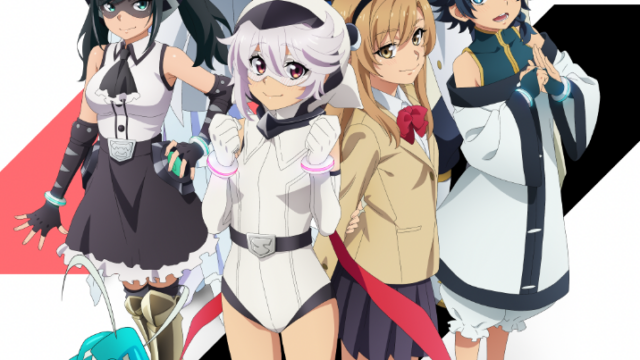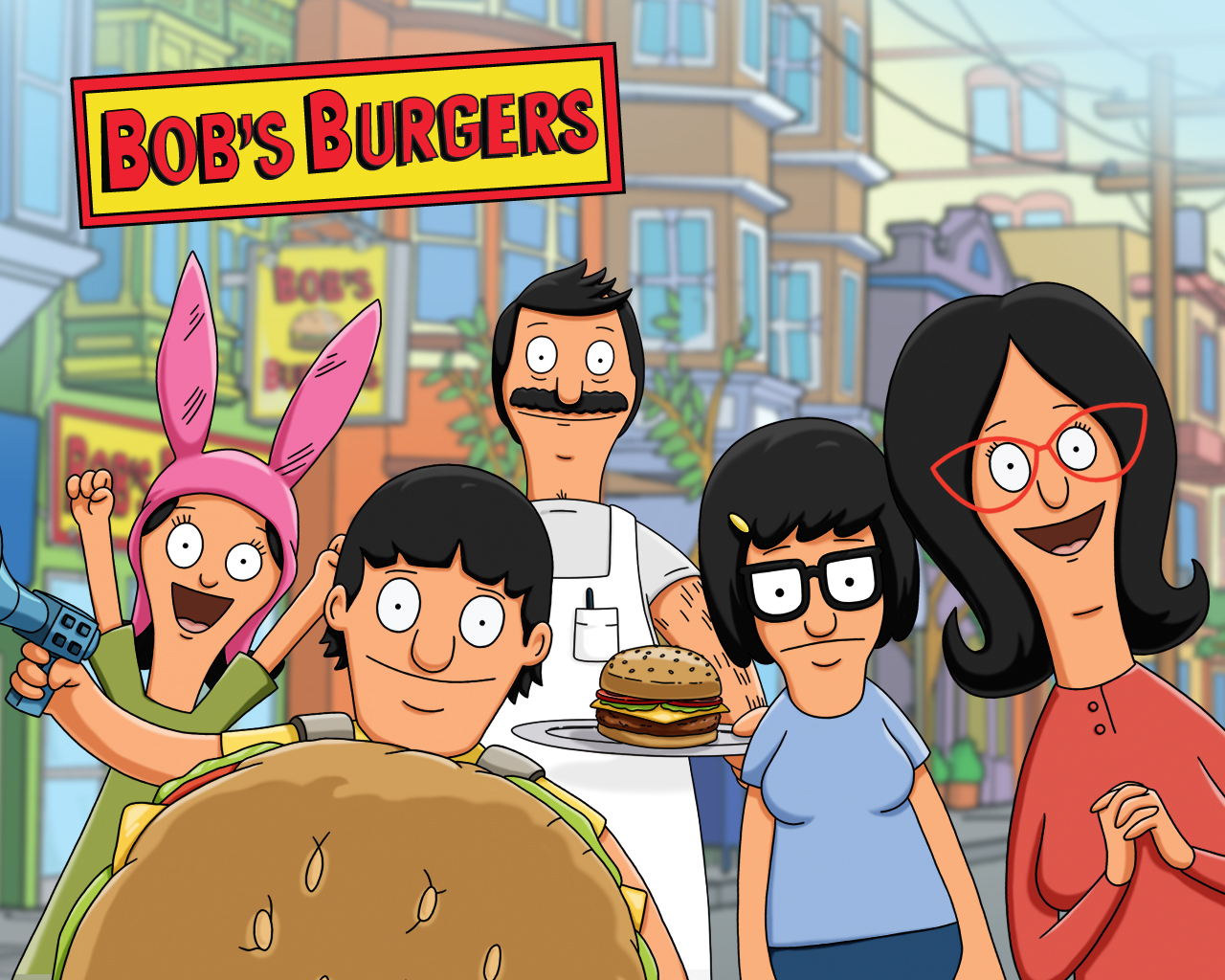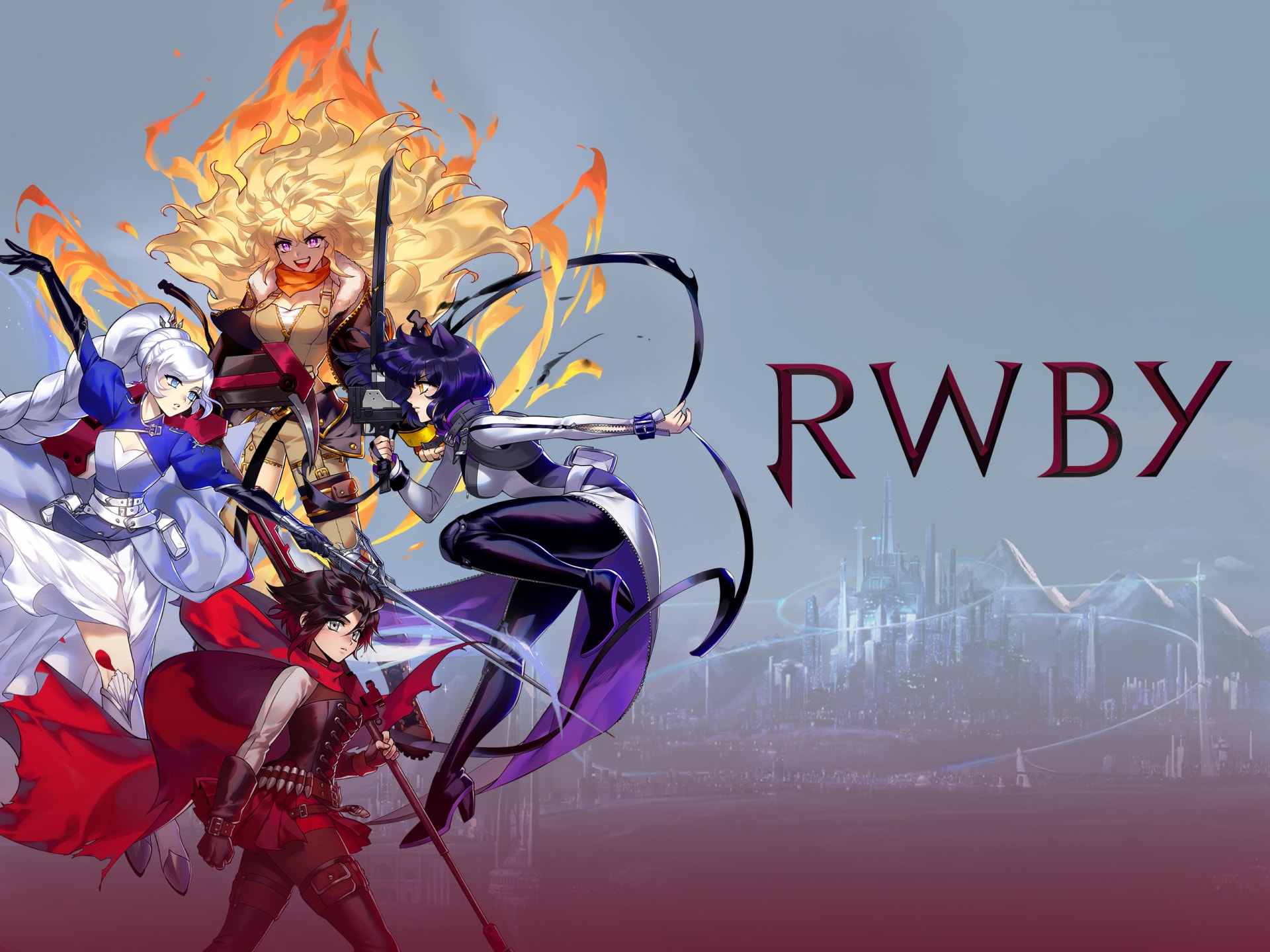Season Review: Rick and Morty Season Three
Today, we celebrate our independence from Rick and Morty!
Yesterday, I made it out to the one-day Szechuan Sauce event at a McDonalds a half an hour out of the way, which I would never do (Burger King Chicken Fries fo life). And of course, like Rick himself, due to a vast underestimation of the demand, I was denied my sauce. Just another bit of evidence that exists is true pain and has no meaning.
And that’s what we’re faced with as we stare down another hiatus for Adult Swim’s biggest show right now. A year and a half wait, followed by an anti-April Fool’s joke (“The Rickshank Redemption”) that sparked a free cross-promotional campaign for a Disney movie inspired condiment. But despite the rather unsettling corporate synergy going on, it was worth it to get what was more than likely the show’s strongest written season yet.
Yeah, big controversial statement, right? Rick and Morty’s still a good show (despite all the rigamaroll about female writers and what not). This season, while saying upfront that it would be the show’s darkest year (and boy howdy was it) also ended up being rather therapeutic for its main cast. Besides the regular misadventures between our titular two, the rest of the Smith family each got their own focus episodes to either let go of and truly confront their biggest problems in very subversive and impactful ways while also beating my emotional state into a fine mist. And in a bit of a sandwich style order, I’ll be going through the major character and world developments:
Rick begins this season in prison, but completely in control. He plays the Galactic Federation and the Council of Ricks like puppets in order to take them both down in one move, then pushes Jerry out of the Smith family as a cherry on top (or JERRY on top? Eh?). But over the course of the season, he finds more and more how little control he has over them, especially as the rest of the family try to look for active ways of bettering themselves while he outright rejects healthy options, including turning himself into a pickle in “Pickle Rick”. Though through it all, his odd form of love and concern for each of them (aside from Jerry) begins to shine through, leading to him finally deciding to commit to the universe in which he lives for THEM. By the end of the season, which he begin by opposing and crippling two governments simply to maintain his personal freedom, he decides to repair relations with Earth’s American government, just to keep his family. Even if he is the lowest status of them now.
Summer doesn’t get a whole lot of focus in the latter half, but her position at the beginning and her main focus episode say a lot. In the premiere, she is the instigator to free Rick from prison, inspired by his pursuit of hard truths as the Federation controls the Earth. This carries onto the next episode, “Rickmancing the Stone” as she copes with her with her parents’ divorce through post-apocalyptic ravaging, finding liberation in a meaningless wasteland and mustachioed muscle man. But when Rick adds technology and society to that world, she gets a new perspective on that relationship. After that, not a whole lot of involvement in the season other than being a part of other characters’ storylines, but she got some great moments nonetheless.
Next, Jerry, who might’ve gone through the biggest change out of the rest of the family, even if it wasn’t in the forefront. After finally getting a job for his family and thriving in the newly alien ruled version of Earth, it’s all yanked away from him by the time Rick comes home. When we revisit him properly in “The Whirly Dirly Conspiracy”, he’s wallowing in shame until he’s pulled on Rick’s “pity adventure”, something meant to be short, quick, and harmless, but ends up being in multiple situations that force him to act and confront his nature as sympathetic prey, or at least as Rick views him. By the end, he’s at least on understanding terms with Rick, even if they still don’t like each other, and begins his journey to grow and move past his failings. He stumbles a bit when his alien rebound girlfriend nearly kills Summer and Morty, but owns up to his mistakes by the end, and his still burning love for Beth helps her to find herself and bring the family together. As I said in my editorial, Jerry’s unwavering simplicity in the face of universal chaos makes him a unique presence in the cast, and one that apparently is deemed essential.
Beth is the generational missing link between Rick and Morty, and is constantly pulled in multiple directions because of it. Is she meant to be a loyal out-of-the-way daughter, a supportive wife, a loving mother, or even a cosmic traveler like her father before her? After Rick’s actions lead to Jerry’s ultimatum and her subsequent divorce from him, she finds herself somewhat lost, falling back on Rick’s tendencies to emotionally disconnect from situations. After apparently being stuck with a family where science and logic was prioritized over love and intimacy, it becomes difficult for her to realize how destructive Rick’s treatment of her has been or how to handle Summer when she becomes conscious of her body, though she does slowly learn how to confront both. By the time of “The ABC’s of Beth”, these identity issues are in the forefront, and she makes a key decision to either leave her family or stay. What she chooses is ultimately ambiguous, even though most of the audience is convinced she left and the current Beth is a clone, but what follows in the finale is a key parallel and breakaway from her connection to Rick. To the Beth we see, she is convinced she is a clone, meaning she is also aware that there was a Beth that decided to leave and put a clone in her place. This is a variation on the decision that our Rick and many other Ricks face when bailing on a world: This isn’t my world, no world matters, why should I let it matter? But for Beth, if this is Beth, it makes it all mean everything. The idea that she might have been only made to be a replacement means that she is no longer burdened with the hang ups of the previous Beth. Her hang ups about her career, her displeasure with her marriage to Jerry, her fear of losing Rick all dissipate because if she isn’t Beth, she can be anyone she chooses. And she chooses to be Beth.
Morty has been evolving since the first episode, obviously, but his awareness of the unstable nature of Rick in his family’s lives is much more pronounced. While also dealing with his own feelings about the divorce, he also becomes more determined than ever to stay a voice of reason while also holding onto his innocence, but his growing exposure to the cynical and random sides of the universe makes this incredibly difficult. “Vindicators 3: The Return of Worldender” sees him still in awe of his heroic idols, but more disappointed than heartbroken when Rick proves they’re all horrible people. “Rest and Ricklaxation” has him finally free of what he considers his toxic mannerisms and allowing him to live a fulfilling high school life, but becoming a sociopathic stockbroker as a result. He tries understanding the truth of himself in “Morty’s Mind Blowers”, but ends up right back where he started by the end. But his tolerance for Rick’s shenanigans ends in “The Rickchurian Mortydate”, when a well meaning fight for a selfie goes awry, he picks his family’s safety over Rick, which even wins Rick over. Like Beth and Summer, Morty is a spawn of Rick’s genes, but has a choice whether to continue Rick’s bad habits. It’s little wonder why he’s Exec Producer Mike Lazzo’s favorite character, because he’s more the heart of the show now than ever.
And lastly, the main thrust of “The Ricklantis Mixup” AKA Tales from the Citadel brings the other big “plot” development after the premiere. The Citadel of Ricks rises again under Evil Morty and the remnants of the Federation remain with Tammy and Phoenix Person. We didn’t get full resolution in the finale we got, and we’ve got rumors of a secret Christmas finale floating around, but even what we got was a huge boon, and I hope we don’t have to wait another two seasons to see it pay off.
Speaking of character development, I should touch on a reasonable concern people have had with this season, mainly that the cast became very aggressively awful people in a very short amount of time. Not that it didn’t make it clear this sort of thing would happen, saying it would be the darkest year, but it was pretty crushing seeing the dysfunction on full display. Still, I think the family coming together at the end shows that despite the finale having many positives, the show’s third season does have a distinct feeling of somewhat screeching to a halt, especially with how well a lot of the previous nine episodes did at NOT feeling that way. But I suppose knowing that the show’s overwhelming popularity makes Season 4 an inevitability means that aspect is a lot easier to take.
As I said at the beginning, I didn’t get a hold of any Szechuan sauce (this time) and that was a bummer. But somehow, without expecting it, I ran into a few friends from classes and managed to actually make the sauceless day worthwhile. So, maybe, possibly, perhaps, this was a sign. A sign that even in the chaos of the universe, even if things may happen for no reason, even if society slowly grates away at our souls, even if our world is filled with people who run from easy ways to improve themselves, even if the figures we deify let us down and unfairly mistreat us, and as much as we try to forget the worst things we experience, we are smarter than we know. We are capable of far greater things, and we can create meaning in anything we want, whether that’s a 90’s sauce, a raunchy series, or even the next day of our lives.
Plus, some McDonald’s still have Fruitopia, which tastes great. Where’s THAT television based revival campaign meme, huh?























Just cancel this bird already. The chicken is beyond cooked. It's burnt to a crisp.